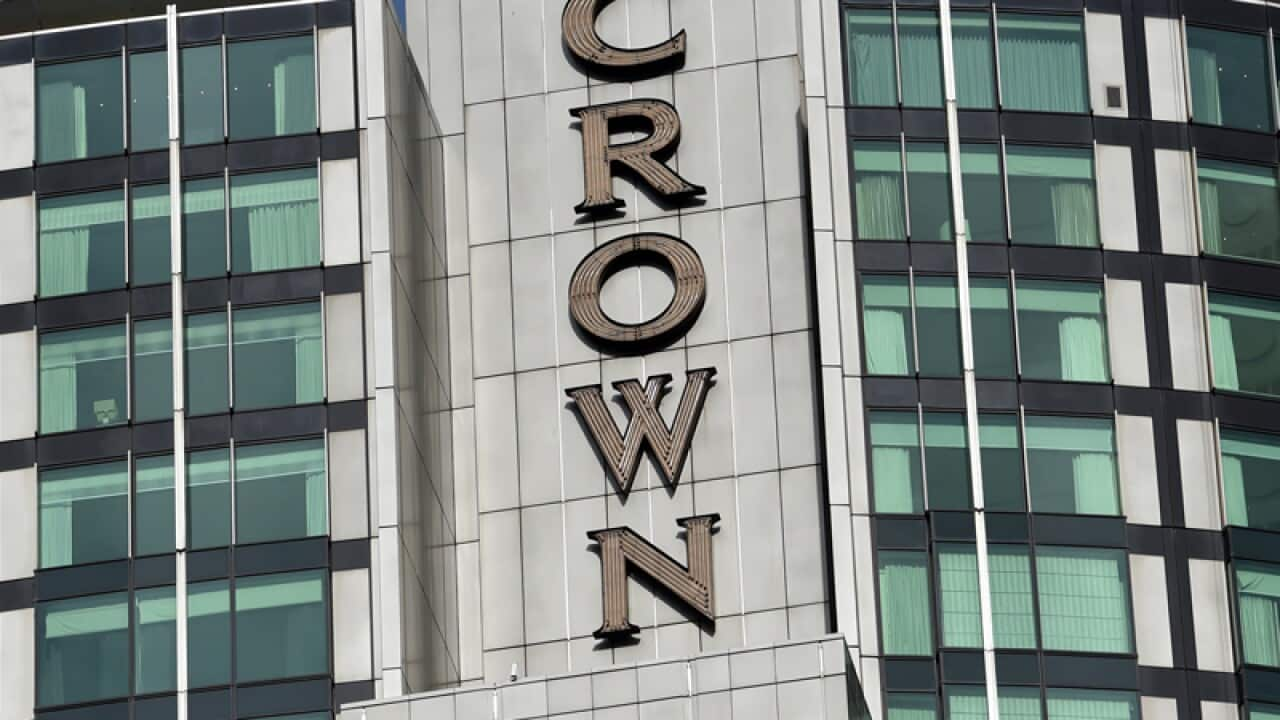Foreign Minister Julie Bishop said Australians need to know there is only so much the Australian government can do to assist Australians who get into trouble.
"Our consular officials cannot just whisk you out of jail," she said.
"Once you are subject to the legal system or judicial processes of another country, then there is a significant constraint on the Australian government of providing assistance."
DFAT recently gained access to three Australian employees of Crown Resorts detained in China this month, but there is little they can do or say about the three people detained.
Their case highlights the precarious situation faced by any Australian arrested or detained overseas where Australians are most commonly arrested for drugs, fraud and assault related offences, as well as growing numbers arrested for theft, including at major international airports.
Tim Stephens, a professor of international law at the University of Sydney, said the situation could be even more complex for dual nationals.
"Where the national is a national of another country, so a dual national, Australia could if it wished simply leave that person to be protected by their other state of nationality," he said.
A country also has the right to refuse Australian consular officials access to an Australian citizen who, according to its own laws, it considers and treats as its own citizen.
Professor Stephens said in practice the Australian government did the best it could to protect its nationals including dual nationals when they were arrested overseas, but the government faced acute difficulties in doing so, primarily because of resource constraints.
DFAT's annual report also shows an increase of five per cent in the number of Australians in prisons overseas. Professor Stephens said many of those in prison had to rely on their own networks for support.
"There has been lots of examples where individuals who found themselves in difficulty have really needed to rely very heavily on family and business and other connections in order to sustain them," he said.
Australians continue to travel extensively in Southeast Asia, but Dr Ross Tapsell, a lecturer in Asian Studies at the Australian National University, said many remained unaware of how strict laws are in the region especially when it comes to drugs.
"We have seen in south east Asia in particular are governments being far more strict and far more extreme laws being introduced around drugs, particularly the Philippines, particularly Indonesia where politicians are riding populist waves against drug taking in the region and drug addiction," he said.
DFAT said while the Australian government does not guarantee assistance it does attempt to provide basic consular services for Australians requesting help.
These services can include a list of English-speaking lawyers, information to family and friends, monitoring of court trials and where appropriate access to the International Transfer of Prisoners Scheme in countries with agreements.


